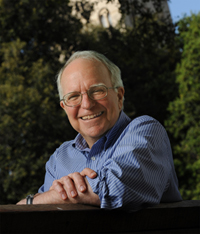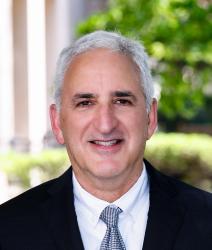The Brookings Institution is committed to quality, independence, and impact.
We are supported by a diverse array of funders. In line with our values and policies, each Brookings publication represents the sole views of its author(s).

Research
BPEA | 1998 No. 1

1998, No. 1
CONSUMERS FACE TWO challenges: making good decisions and sticking
to them. Economists have adopted optimistic assumptions on both
counts. The consumers in mainstream economic models are assumed
both to be exceptionally good decisionmakers and to be able to carry
out their plans. These economic assumptions are dubious, particularly
in regard to saving for retirement.